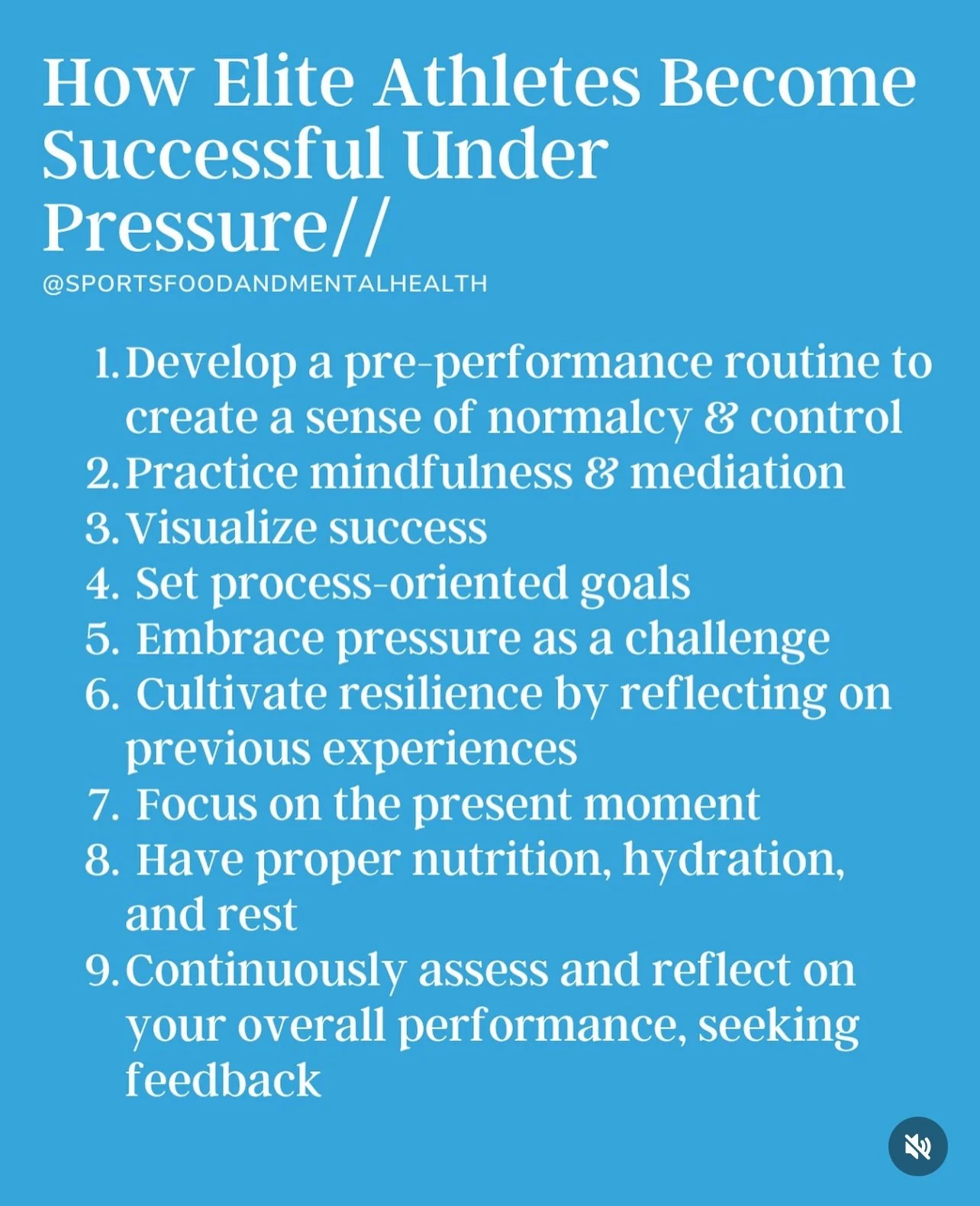Lesson 13 The Practice: Positive Mindset
“Failure happens all the time. It happens every day in practice. What makes you better is how you react to it.”
The Power of Perspective
Attitude is often called the first skill of life because it shapes how we perceive and experience the world. If our attitude is rooted in positivity, it can shift the trajectory of our thoughts, behaviors, and outcomes. If it’s rooted in negativity… well, the results often follow suit.
Let me ask you this:
What might happen if you assumed a positive outcome?
What if, in the face of challenges, you believed things would work out for the best… instead of assuming the worst?
What if you approached a difficult situation—or a strained relationship—with the expectation that success or resolution was possible?
This simple question, posed to me during a particularly challenging time, completely shifted my mindset. Suddenly, I began to see possibilities instead of obstacles, and before long, this new perspective influenced my tennis game as well.
Building a Positive Mindset
Positive thinking isn’t just feel-good fluff; it’s a scientifically backed practice that can create lasting change. Barbara Fredrickson, a leading researcher in positive psychology, found that cultivating positivity helps build skills, strengthen resilience, and unlock greater potential.
Here are eight practical ways she recommends fostering positivity—many of which we’re already practicing during this Mindfulness Challenge:
Exercise: Physical activity boosts mood and reduces stress. (check!)
Meditate: Mindfulness enhances focus and emotional balance. (check!)
Smile: Even a simple smile can influence your mood and those around you. (easy enough!)
Surround Yourself with Positive People: Energy is contagious—choose uplifting company. (can do!)
Remember You Are Good Enough: Confidence begins with self-acceptance and self-compassion. (check!)
Use Positive Affirmations and Quotes: Reframe your inner dialogue with empowering language. (check!)
Practice Gratitude: List three things you’re thankful for right now. (check!)
Live in the Moment: Take inspiration from children, who naturally embrace the present. (check!)
Each of these practices may seem small on its own, but together, they can create a profound shift in mindset.
“Say something positive, and you’ll see something positive.”
Playing to Win vs. Playing to Avoid Losing
In competition, mindset is everything. For years, I unknowingly sabotaged myself by playing cautiously—focused more on avoiding mistakes than embracing the opportunity to win. This “playing not to lose” mindset, rooted in fear, often led to defensive and hesitant play.
Contrast that with the “playing to win” mindset. Playing to win doesn’t mean being reckless or careless; it means trusting yourself, staying engaged in every point, and stepping up when the moment calls for it. It’s about playing with intention, purpose, and confidence.
The shift from avoiding failure to actively pursuing success is subtle but transformative.
On-Court Tip: Assume the Best
What might change if you were to assume a positive outcome? What would happen if you stepped onto the court with the belief that success was not only possible but likely?
Consider these questions:
How would this mindset affect your mental game?
How might your performance improve if you assumed success instead of fearing failure?
How could your technique benefit from the boost in confidence?
What if, instead of doubting your abilities, you trusted yourself to rise to the occasion?
This mindset of assuming the best creates a powerful ripple effect. It leads to more relaxed, focused play, a clearer head under pressure, and ultimately opens the door to pure performance.
“Choose to be optimistic; it feels better.”
“The way you treat yourself is one of the few things you control in life. There’s no reason to be anything but kind to yourself, in both your speech and your actions.”
“There are five important things for living a successful and fulfilling life: never stop dreaming, never stop believing, never give up, never stop trying, and never stop learning.”


